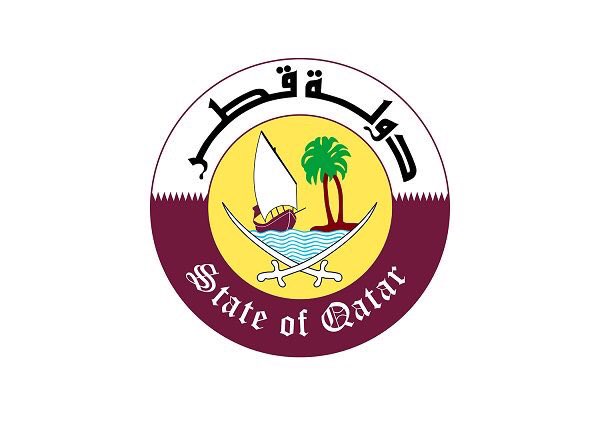Arab-China Cooperation Forums Stresses Commitment to Enhancing Strategic Partnership

Amman / Information Office / July 06
Arab countries and China stressed Monday on the importance of further strengthening their ties in order to have a comprehensive cooperation. The two sides stressed the importance of working to establish a Chinese-Arab joint society for future joint work.
This came during the Amman declaration, at the conclusion of the 9th Arab States-China Cooperation Forum, which the State of Qatar participated in with a delegation chaired by HE Deputy Prime Minister and Minister of Foreign Affairs Sheikh Mohammed bin Abdulrahman Al-Thani. The meeting took place digitally from Jordan, and was jointly chaired by Minister of Foreign Affairs of Jordan Ayman Safadi and China's Foreign Minister Wang Yi. Foreign Ministers of the Arab League's member countries or their envoys also participated in the meeting. The two sides evaluated the success of the previous session that took place in Beijing in 2018, which saw the participation of Amir of Kuwait Sheikh Sabah Al Ahmed Al Jaber Al Sabah, and President of the People's Republic of China Xi Jinping. They expressed their satisfaction with the outcomes of the events that took place in the eighth meeting.
The two sides agreed to hold an Arab-Chinese summit in order to enhance the strategic partnership between China and Arab states, in order to serve the interests of both peoples. They also praised the belt and road initiative proposed by the Chinese praised for the opportunities it offers for further cooperation.
The two sides also held in-depth consultations on the most important international and regional political issues of common concern, and discussed ways to enhance and deepen cooperation in the economic, social and cultural fields. They also reaffirmed their mutual respect for sovereignty and territorial integrity, non-aggression and non-interference in internal affairs, in addition to protecting the rights of minorities on both sides. China said that it welcomes visits from the Arab League and its member countries to Xinjiang.
The Arab countries and China agreed to continue coordination to support the Palestinian cause and the inalienable rights of the Palestinian people, including the right to self-determination, independence of the state of Palestine on the borders of 1967, with East Al Quds as the capital, and the right of return and compensation to Palestinian refugees in accordance with UN General Assembly Resolution 194. They supported The State of Palestine's attainment of a full membership in the United Nations, and a commitment to achieving a just and lasting peace in the Middle East on the basis of ending the Israeli occupation and a two-state solution in accordance with international law and relevant United Nations resolutions, including Security Council resolutions 242, 338, 1515, 2334, and the Arab Peace Initiative. The two sides rejected any plan or deal that violates international law and the terms of reference of the peace process, or legitimizes illegal settlements. They also supported the plan of Palestinian President Mahmoud Abbas, which he presented in the Security Council on Feb. 11, 2020. They rejected Israeli plans to annex parts of the Palestinian West Bank, saying it was a dangerous violation of the rights of the Palestinian people.
They affirmed the principle of freedom of maritime navigation in international waters in accordance with international law and on the commitment of countries who share rivers to resolve differences through dialogue. They also agreed on the importance on preventing the proliferation of nuclear arms, and condemned all terrorist attacks wherever they occur and agreed to work on combatting extremists ideas.

